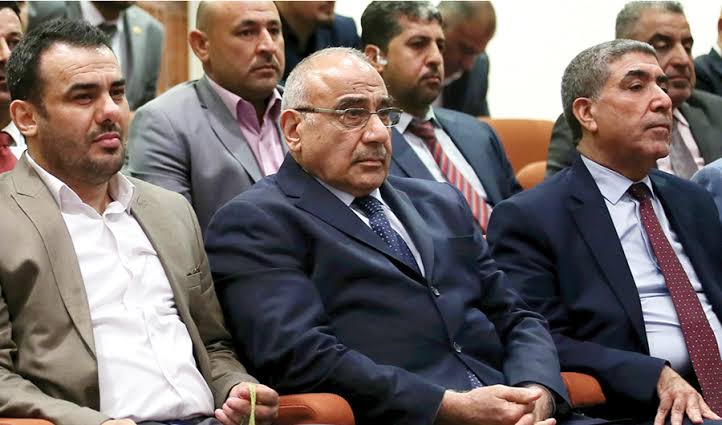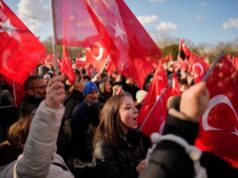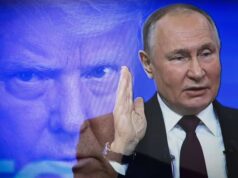Russia hopes for swift formation of inclusive government in Iraq

The ministry recalled that the elections were recognized as valid by both Iraq’s Independent High Electoral Commission and the UN Assistance Mission for Iraq
Russia values Iraq’s efforts toward the organization of early parliamentary elections and hopes a new inclusive government will be formed in the country soon, the Russian foreign ministry said on Monday.
“We highly value the Iraqi government’s efforts on the organization of voting on the country’s entire territory. Moscow considers the successful organization of the expression of will of the Iraqi people in conditions of the difficult socio-economic situation and looming terrorist threats as a major step toward further improvement of the situation in the country, political stability and security in it.
We respect the sovereign choice of the Iraqi people and express the hope that a new inclusive and viable government will be formed soon. We are convinced that through the participation in this government, representatives of the country’s political key political forces and ethnic and religious groups will demonstrate their readiness to act in accord in the interests of attaining national goals,” it said.
The ministry recalled that the elections were recognized as valid by both Iraq’s Independent High Electoral Commission and the UN Assistance Mission for Iraq. “On our part, we are ready to continue to provide efficient support to friendly Iraq to help it overcome the negative impacts of the socio-economic crisis and combat international terrorism by means of developing mutually beneficial bilateral cooperation,” the ministry stressed.
The elections were organized after grass-roots anti-government protests in the autumn of 2019, which led to the resignation of the government. The parliament was drafting a new law on parliamentary elections at that time and delayed its dissolution and early parliamentary polls for months. The voting was initially appointed in June. More than 3,200 candidates, including 951 women, from 109 parties and 21 political coalitions vied for 329 parliamentary seats.




